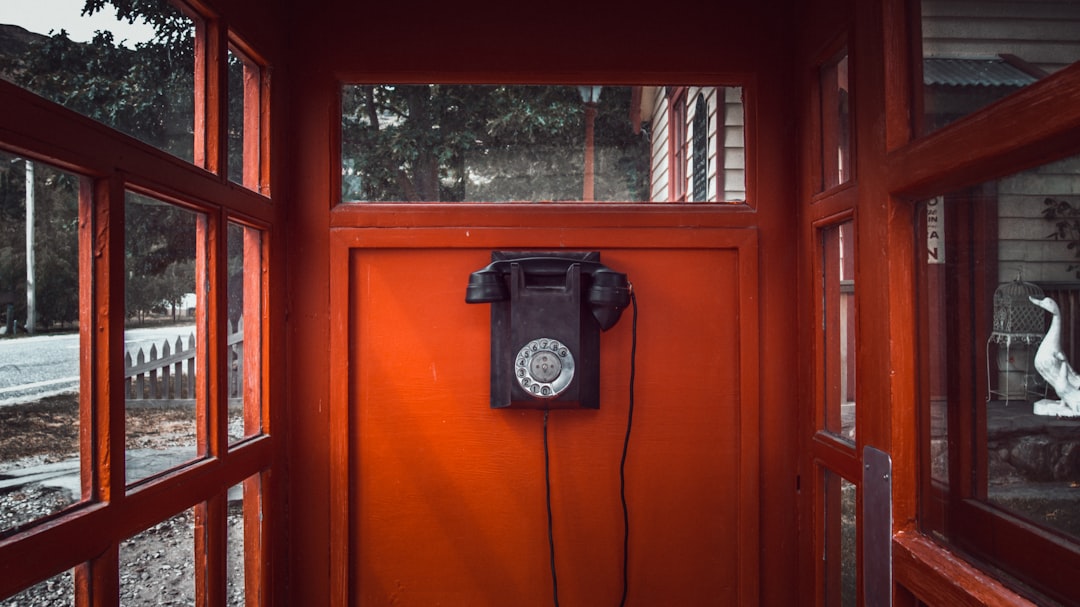Robocalls are a growing problem in Alabama, but the Telephone Consumer Protection Act (TCPA) offers protections. If you've received unwanted or fraudulent robocalls, consider your legal rights. Consult a Spam Call law firm or TCPA lawyer in Alabama to determine if your rights have been violated and guide you in seeking compensation and stopping these intrusive calls.
In the digital age, robocalls have become a ubiquitous yet unwanted nuisance. With advancements in technology, automated phone calls are now used for marketing and debt collection, leading to a surge in complaints across Alabama. This article delves into the rising trend of robocalls and explores their implications under the Telemarketing Consumer Protection Act (TCPA) in the state. We’ll guide you through understanding when robocalls cross the line into spam, your legal rights as an Alabama resident, and effective strategies to stop them, including the option to sue for compensation under the TCPA with a specialized spam call law firm or lawyer in Alabama.
Understanding Robocalls and the TCPA in Alabama

Robocalls have become an increasingly prevalent nuisance in the modern era, and Alabama residents are no exception to this growing problem. These automated phone calls, often unwanted, can be for marketing purposes or even fraudulent schemes. Understanding your rights under the law is crucial when dealing with such intrusions. In Alabama, the Telephone Consumer Protection Act (TCPA) provides consumers with significant protections against spam calls.
If you’ve received robocalls and are considering legal action, it’s important to know that there are options available. A spam call law firm or lawyers specializing in TCPA cases in Alabama can guide you through the process of suing for robocalls. These experts can help determine if a violation has occurred under the TCPA, enabling you to seek compensation and put an end to these intrusive calls.
When Are Robocalls Consider Spam?

Robocalls, while often seen as a nuisance, are defined by the Federal Communications Commission (FCC) as automated telephone calls used to deliver a recorded message. They can be considered spam when they violate consumer privacy or are unwanted by the recipient. In Alabama, as in many states, there are laws in place to protect residents from these intrusive calls, specifically the Telephone Consumer Protection Act (TCPA).
If you’ve received robocalls promoting products or services and feel your rights have been violated, you may have grounds to take legal action. A Spam Call law firm or lawyer specializing in TCPA cases in Alabama can help determine if the calls constitute spam and guide you through the process of suing for compensation if eligible. These legal professionals understand the complexities of robocall regulations and can advocate for your rights under Alabama’s Spam Call laws.
Legal Rights and Options for Alabama Residents

Alabama residents have legal rights and options when it comes to dealing with robocalls, particularly those considered spam. The Telephone Consumer Protection Act (TCPA) is a federal law designed to prevent unwanted calls, including automated or prerecorded messages, from telemarketers and debt collectors. If you’re receiving excessive robocalls in Alabama, you may have the right to take action.
Those who believe their privacy has been invaded by spam calls can file a complaint with the Federal Trade Commission (FTC) and consult with a spam call law firm or lawyer specializing in TCPA cases in Alabama. You might be eligible to sue for damages if you can prove that your phone was used without permission, as per TCPA regulations. Several legal options are available, including seeking individual or class-action lawsuits against the culprits behind these nuisance calls.
Navigating a Lawsuit Against Robocallers: What to Expect

Navigating a lawsuit against robocallers can be a complex process, especially in Alabama, where the Spam Call law is enforced by the Telephone Consumer Protection Act (TCPA). If you’ve received unwanted robocalls, know that there are legal avenues to explore. A skilled Spam call lawyer in Alabama can help determine if the calls violate the TCPA and if you have grounds to take action.
In many cases, individuals can sue for damages, including monetary compensation for each violation. The process begins with evaluating your situation; the spam call law firm will assess the type of calls received, the frequency, and the lack of explicit consent given. From there, they’ll guide you through filing a claim, which may involve gathering evidence, contacting the Federal Communications Commission (FCC), and even participating in negotiations or litigation to stop the robocalls and secure restitution.
How to Stop Robocalls Effectively

Robocalls have become a pervasive and frustrating issue in Alabama, as across the nation. While blocking numbers can offer some relief, it’s not always effective. To truly stop robocalls, individuals need to understand their legal rights under the Telephone Consumer Protection Act (TCPA). If you’ve been harassed by unwanted calls, you may be able to take action against the culprits.
Consulting with a spam call law firm or lawyer specializing in TCPA cases in Alabama is essential. These legal professionals can guide you on whether you have a case and help you navigate the process of suing for robocalls. Don’t wait; act promptly to protect your rights and put an end to these nuisance calls.






